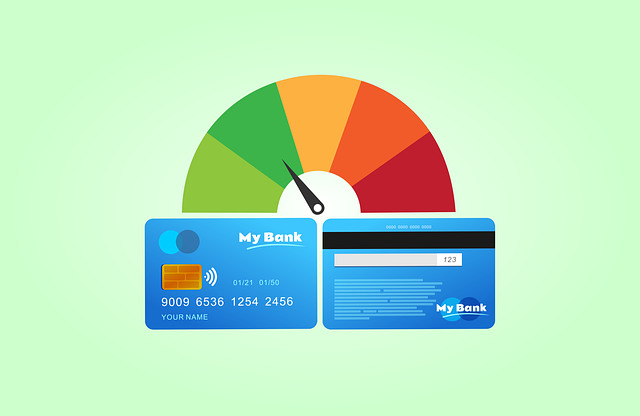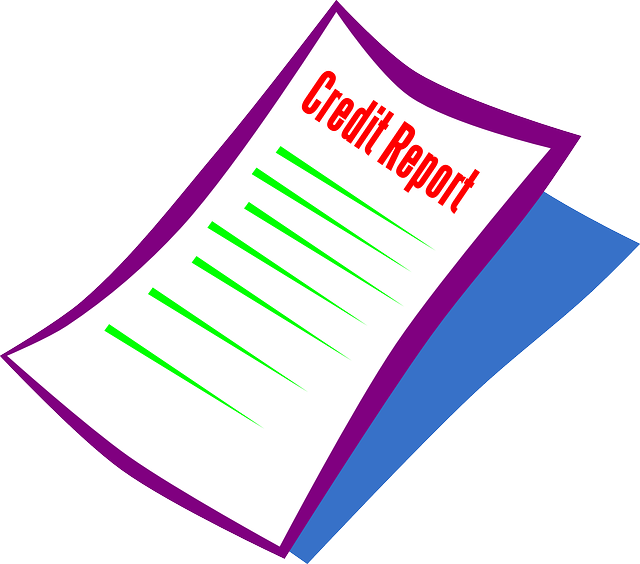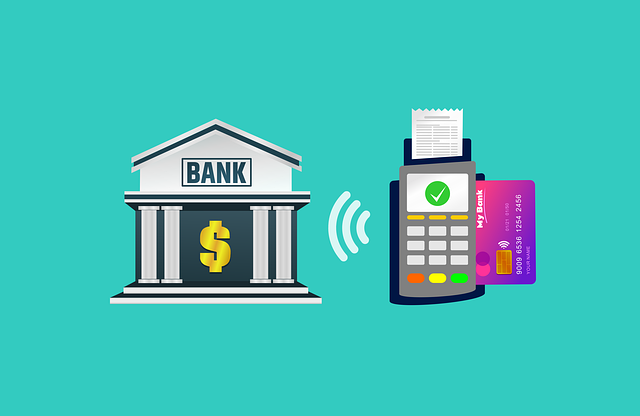Understanding your credit score is key to improving it rapidly. Achieve this by adopting responsible financial habits, such as making timely payments, keeping debt low, diversifying credit use, and avoiding excessive hard inquiries. In South Africa, focus on consistent bill payments, low credit card balances, and regular credit report reviews. Critical factors for quick improvement include payment history (35% of FICO score), low debt levels (ideally below 30% utilization ratio), lengthy credit history, and minimizing new credit inquiries. Debunk common myths: timely payments are crucial, soft checks don't impact scores, and hard checks temporarily lower scores but less than believed.
Discover South Africa’s best-kept secrets to improving your credit score promptly with our comprehensive guide. Understanding your credit score is the first step; learn about its components and common myths. We offer quick fixes like paying bills on time and reducing credit utilization for an instant boost. Explore longer-term strategies, innovative approaches, and useful tools, such as secured credit cards and financial counseling. By implementing these techniques, you’ll efficiently navigate towards a higher credit score.
- Understanding Your Credit Score: The Basics
- – What is a credit score and why does it matter?
- – Factors influencing your credit score.
- – Common myths debunked.
Understanding Your Credit Score: The Basics

Understanding your credit score is a crucial first step in learning how to increase it quickly. In simple terms, your credit score is a numerical representation of your financial reliability based on your credit history. It’s calculated using complex algorithms that consider various factors, such as your payment track record, outstanding debt, length of credit history, types of credit used, and new credit inquiries.
The key to improving your credit score fast lies in adopting responsible financial habits. This includes making timely payments, keeping your debt levels low, diversifying your credit mix, and avoiding excessive hard inquiries on your report. By focusing on these areas, you can start repairing and enhancing your credit score in a relatively short time.
– What is a credit score and why does it matter?

A credit score is a numerical representation of your financial reliability and trustworthiness, based on your credit history. It’s a crucial indicator that lenders use to assess how likely you are to repay debts. In South Africa, understanding and improving your credit score can unlock numerous benefits, such as securing better loan terms, accessing exclusive financial opportunities, and even saving on insurance premiums.
When it comes to learning how to increase credit score quickly, there are several strategies to consider. One effective approach is consistent and timely bill payments, as this demonstrates responsible money management. Additionally, keeping credit card balances low relative to your available credit limit can positively impact your score. Lastly, regularly reviewing your credit report for errors or discrepancies and disputing them promptly can help ensure accuracy and boost your overall creditworthiness.
– Factors influencing your credit score.

Your credit score is a vital indicator of your financial health and can significantly impact your ability to access loans, credit cards, and even rental opportunities. Understanding what factors influence this score is essential when seeking to increase it quickly. One key factor is payment history, which accounts for 35% of your FICO score. Ensuring timely payments on all bills, including credit cards, loans, and utilities, demonstrates responsible financial behavior to lenders.
Another crucial aspect is the amount of debt you carry compared to your available credit (utilization ratio). Maintaining a low utilization rate, ideally below 30%, shows that you manage your debt responsibly. Additionally, the length of your credit history plays a role; a longer history provides more data for lenders to assess your financial trustworthiness. Finally, new credit inquiries can temporarily lower your score, so it’s best to avoid applying for multiple loans or credit cards within a short period.
– Common myths debunked.

Many people believe that improving your credit score quickly is a complex and time-consuming process, filled with loopholes and tricks. However, much of what you might hear are common myths debunked by financial experts. One of the most persistent misconceptions is that paying off just the minimum on your debts is sufficient to boost your credit score. While it’s true that making payments on time is crucial, settling only the bare minimum can actually prolong the process of repair and improvement.
Another myth is that frequent credit checks hurt your score. In reality, there are two types of credit checks: hard and soft. Soft checks, which happen when you check your own credit or lenders pre-approve you for a loan, do not impact your score. Hard checks, on the other hand, occur during applications and can temporarily lower it, but they have less of an effect than many believe. Understanding these nuances is key to navigating how to increase credit score quickly and effectively.
South Africa offers valuable insights into quickly improving your credit score, starting with understanding its significance and the key factors that shape it. By debunking common myths and grasping the fundamentals, you can navigate the path to financial health effectively. Implementing the strategies outlined in this article will empower you to take control of your financial future and achieve a higher credit score in no time.

